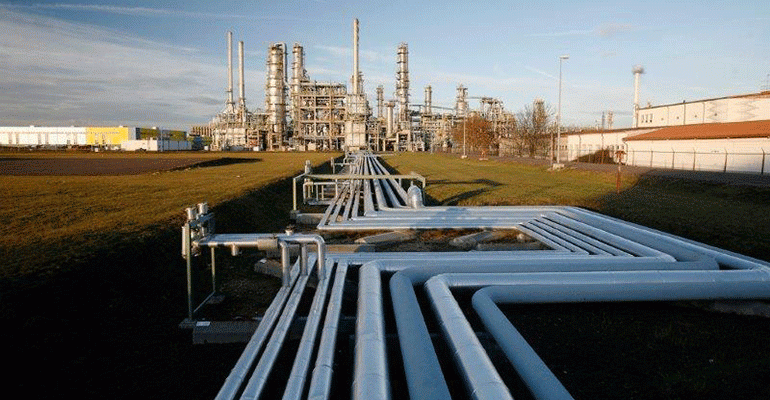By Mike Clarfeld
Can investors achieve their income objectives and invest according to their principles?
It can be done. To meet perhaps the world’s most pressing challenge, climate change, investors are pursuing environmental, social and governance (ESG) investing. There are more ways to invest in U.S. public companies that will help reduce climate change than investors may think—and many are solid, consistently successful companies that pay strong dividends.
Renewable energy is undeniably the future. While its rapid growth is critical to reducing CO2 emissions and meeting long-term climate goals, renewable energy still supplies less than 20% of global energy and roughly 10% of U.S. energy consumption. Many governments, nonprofits and corporations are pushing aggressive emissions reductions programs: A bill passed in the U.K. calls for net zero emissions by 2050, and several U.S. states have enacted similar targets.
Yet the reality is that, even with these programs, carbon-intensive energy sources will continue to play a significant role for many years to come. Managing the long and involved process away from our reliance on fossil fuels must be undertaken thoughtfully, practically and responsibly.
In the traditional energy sector, investors should consider natural gas. As the cleanest fossil fuel, it is already instrumental in lowering global carbon emissions: Compared with other fossil fuels, it releases much less CO2 (on an energy-equivalent basis) and generates far less air pollution. Thanks to shale gas and hydraulic fracturing (or “fracking”), production and usage of natural gas in the U.S. has grown dramatically, particularly in the power generation sector.
Provided they can manage fugitive methane (natural gas that escapes into the atmosphere between drilling and usage), publicly traded U.S. natural gas companies can help reduce climate change—and are good investments, as many gas companies offer high dividends.
Two U.S. companies that stand out are Kinder Morgan, operators of natural gas pipelines and distribution terminals, and Williams Companies, which operates natural gas pipelines and processing facilities. Both joined the ONE Future Coalition, a group of natural gas companies working to voluntarily reduce methane emissions in the natural gas supply chain to 1% by 2025.
Kinder Morgan (NYSE: KMI) pays a quarterly dividend of $1 per share with a dividend yield of roughly 4.9%. It reported reducing methane emissions by 5 million metric tons of CO2e between 2015 and 2017. These reductions entailed an estimated $24 million in value of natural gas saved. These savings were driven by pipeline drawdowns, in which blowdowns (releasing natural gas from a section of a pipeline to make it safe to repair) are minimized. Kinder Morgan will continue to seek methane emissions reductions by repairing compressor station leaks and using alternative pipeline maintenance technologies that reduce the need for pipeline blowdowns.
Williams Companies (NYSE: WMB) pays a quarterly dividend of $1.52 per share with a dividend yield of roughly 5.7%. It has made headway reducing reportable spills and lowering air emissions. Williams partners with energy companies to transport landfill-produced methane for energy use, which offsets use of other fossil fuels and destroys heat-trapping methane. The gas recovered by using recompression ahead of pipeline blowdowns in 2018 resulted in 53,160 metric tons of methane, or 1.33 million metric tons of CO2e emissions not being emitted.
There are many solid opportunities in large, established, dividend-paying companies to invest sustainably. U.S. natural gas companies are a good example.
Michael Clarfeld is a portfolio manager at ClearBridge Investments, a subsidiary of Legg Mason. His opinions are not intended to be relied upon as a prediction or forecast of actual future events or performance, or a guarantee of future results, or investment advice.





